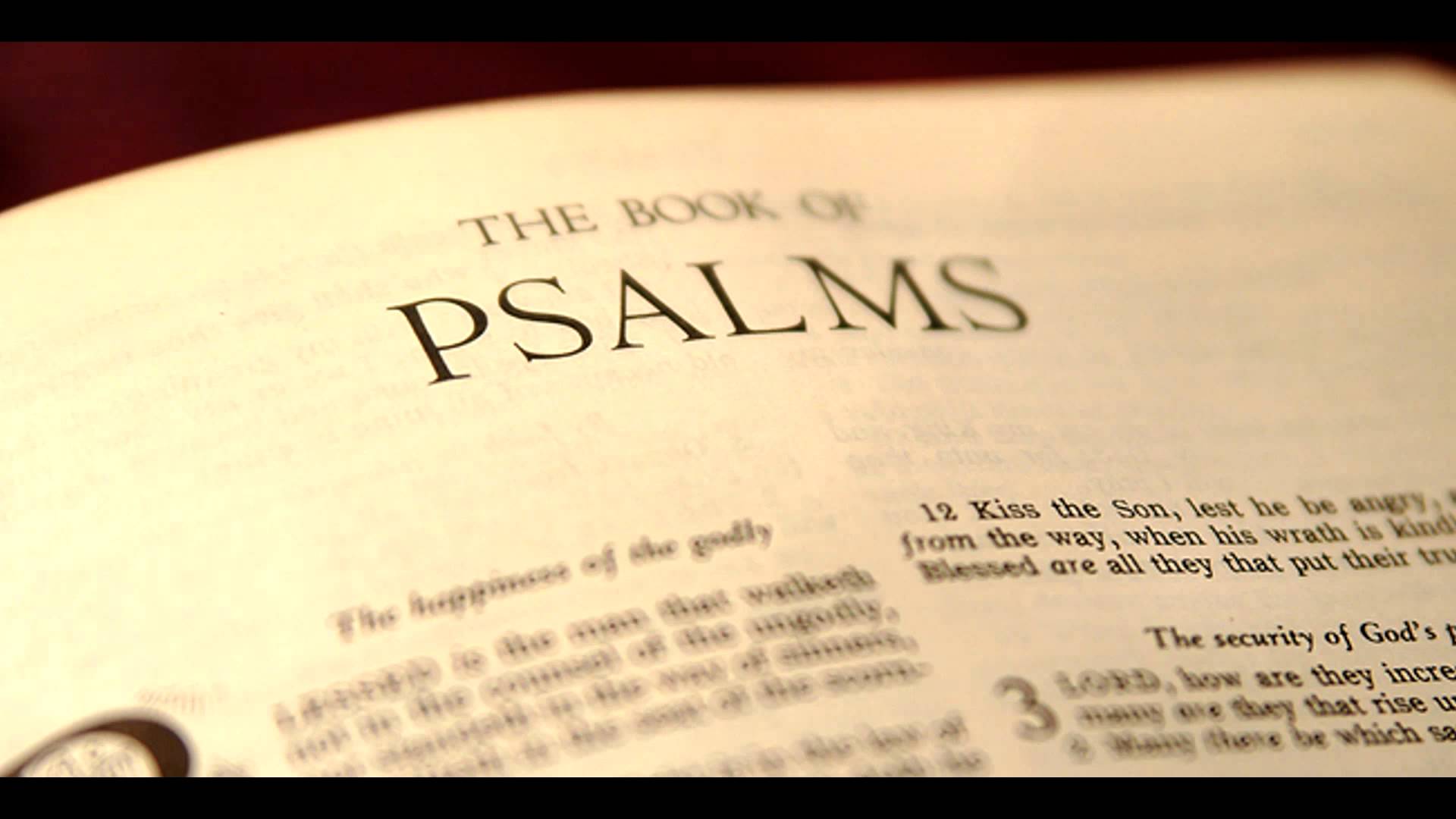"Blessed Is the Man" -- Psalm 1
 Tuesday, May 20, 2014 at 10:17AM
Tuesday, May 20, 2014 at 10:17AM  A Sermon on Psalm 1
A Sermon on Psalm 1
The Book of Psalms was the hymnal of ancient Israel, composed of 150 songs which reflect a whole range of human emotions from despair to jubilation. The Psalter is divided into five books, written by different authors over the course of much of Israel’s history. But the Psalms are closely tied to the life and times of David (Israel’s most prominent king), and many of the Psalms reflect Israel’s worship of YHWH during this turbulent period in the nation’s history. The Psalter is one of the most beloved portions of God’s word, and the book of Psalms provides Christ’s church with its song, and serves as the foundation for much of the devotional life of God’s people.
We begin a new series on the Book of Psalms. The goal of this series is direct our attention to select Psalms so as to stir in our hearts a desire to read, study, reflect upon, and sing this wonderful portion of God’s word. The more we know about the book of Psalms, the greater our desire to read and sing them as God’s people have done throughout the ages. During this series we will cover select Psalms ascribed to various writers (i.e., David, Moses, Asaph, the Sons of Korah). We will also look at different types and genres of Psalms. There are Psalms of praise, Psalms of lament (sixty-seven of them), there are imprecatory Psalms (which invoke God’s judgment on his enemies), there are messianic Psalms (which prefigure the coming of Christ), there are “enthronement” Psalms (which speak of God as king and ruler of all), there are wisdom Psalms (which reveal to us wisdom from God), and there are Psalms of trust, (which express confidence in God’s power, and in God’s faithfulness in keeping his covenant promises. And we will look at some of our favorite Psalms, such as the so-called “Shepherd Psalm’ (Psalm 23).
There are a number of names attached to the 150 Psalms. 73 of the Psalms are ascribed to David (king of Israel). Twelve Psalms are ascribed to Asaph (who was one of David’s three temple musicians, along with Heman and Jeduthun). Eleven Psalms are ascribed to the Sons of Korah (who were a guild of temple singers), three are ascribed to Jeduthun (a Levite), two are connected to Solomon, as well as one each to Moses, Heman (a grandson of Samuel), and Ethan (a symbol player in David’s court and thought by some to be another name for Jeduthun). The remainder of the Psalms are unattributed. With the exception of Moses, the others to whom various Psalms are ascribed are mentioned throughout the two books of Chronicles, so we know certain details about them and their service of YHWH. So even through not all of the Psalms were written by David, it is reasonable to speak, as many do, of the “Psalms of David” since the vast majority of them are ascribed to David or his known associates.
The Psalter is divided into five books, which, as some have suggested, mirror the five books of the Moses (the Pentateuch). Book One includes the first 41 Psalms–all of which (with the exception of a couple of unattributed Psalms) are ascribed to David. Most of these Psalms speak of distress and trial, and there is a constant refrain throughout Book One that God alone can save his people. Book Two (Psalm 42-72) includes several Psalms attributed to the Sons of Korah, and one ascribed to Asaph (Psalm 50). These Psalms include various laments and prayers for deliverance during times of trouble. Book Two ends with a Psalm ascribed to Solomon (Psalm 72), a royal Psalm with strong messianic themes.
To read the rest of this sermon: Click Here


Reader Comments (1)